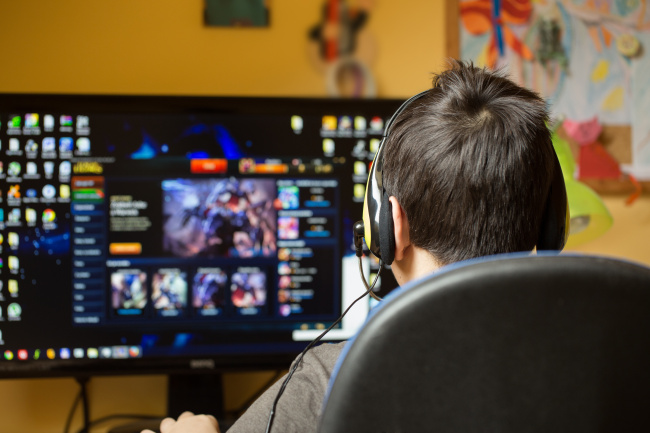The World Health Organization has delayed by one year its 11th revision of the International Classification of Diseases, which had included controversial plans to list video game addiction as a mental health condition, according to industry sources Wednesday.
The WHO stipulated in its “
ICD-11 Joint Linearization for Mortality and Morbidity Statistics: Project Plan 2015-2018” report, dated January this year, that it will not endorse the revised mental health disorder guidebook until May 2019.
“The major milestone for the ICD-11, and especially for the JLMMS, is endorsement by the WHO Executive Board and World Health Assembly in May 2019,” the report reads.
 |
(123RF) |
Initially, the WHO said it would publish the controversial 1CD-11 in May 2018, releasing a
beta draft that had categorized addiction to video games -- both online and offline games -- in the same category as substance abuse and gambling addiction.
The ICD-11 beta draft describes gaming disorder as a pattern of persistent or recurrent gaming behavior, characterized by impaired control over gaming, increasing priority given to gaming over other life interests and continued gaming despite negative consequences.
The behavior should be severe enough to cause significant impairment in personal, family, social, educational and occupational areas. The symptoms should be evident over a period of at least 12 months for a diagnosis, with permitted flexibility.
The announcement, made in December, set off a
contentious debate among the global gaming industry and mental health professionals around the world, including in South Korea, over the legitimacy and merits of the revisions.
As the WHO has pushed back the publication date for the ICD-11, industry stakeholders are expected to continue arguing about the merits of recognizing game disorder as a mental health condition over the next 12 months.
By Sohn Ji-young (
jys@heraldcorp.com)








![[Weekender] Korea's traditional sauce culture gains global recognition](http://res.heraldm.com/phpwas/restmb_idxmake.php?idx=644&simg=/content/image/2024/11/21/20241121050153_0.jpg)